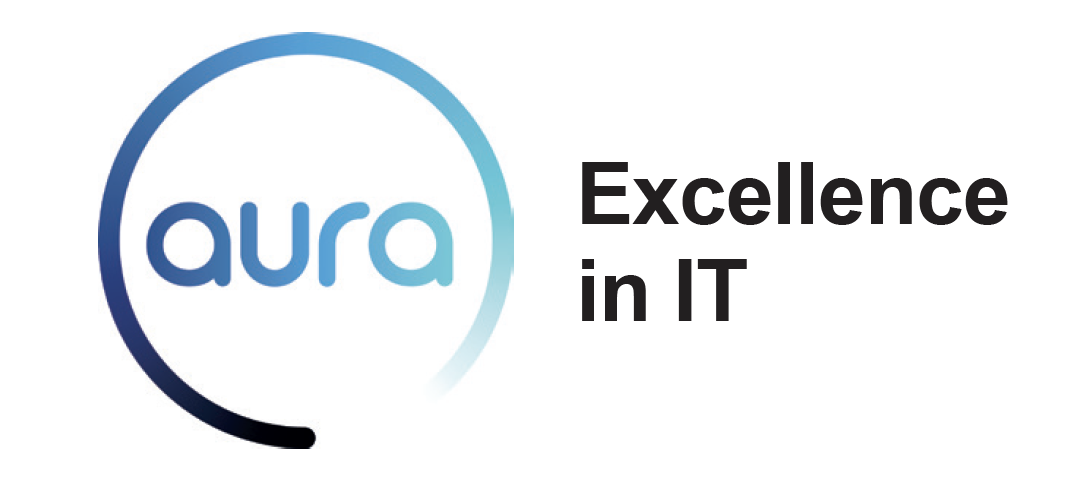Ensuring business continuity when technology fails

When an outage hit major websites including Amazon, Spotify and Gov.uk, causing most to go down for more than an hour, it highlighted just how much we rely on external systems and software to keep our businesses and lives running smoothly, writes Tim Walker, MD, Aura Technology.
This case, caused by a glitch in a service called Fastly, which helps deliver content to sites, was resolved in a very relatively short space of time. But it did give many of us pause to consider how fallible even the most sophisticated systems can be.
As the Fastly issue showed, even some of the largest and best-known names in the world are not immune to sudden failure. But there are steps you can take to ensure continuity and limit damage if the worst happens.
Assess potential damage
Before you think about a recovery strategy you need to understand how your business will be affected if services go down or if data is lost. Ask yourself two questions – how much data can you afford to lose? And how quickly do you need it back?
At regular intervals your business should undergo a full disaster recovery healthcheck to identify any vulnerabilities and create or update your disaster recovery plan.
Back it up
If you’ve ever accidentally deleted a file or experienced a server crash or any other data disaster, then you know how important backing up your data is.
It’s essential to create a schedule for daily backups and test your backup retrieval process so you can restore vital information in an emergency.
Scheduled backup is also important for avoiding specific types of malware, like ransomware. The National Cybersecurity Centre recently warned that ransomware is the biggest online threat to businesses in the UK, with companies of all sizes being targeted.
Have a recovery plan
Ideally, a recovery solution should work in minutes, not hours or days. Make sure your server, software and applications can be restored almost instantaneously.
Relying on staff to manually recover systems will typically prolong downtime and hurt your business. Instead, find a data protection solution (usually by a managed IT provider) that enables quick recovery using point-in-time snapshots of your entire systems, including the operating system, data and application.
Test your recovery plan
Your recovery plan should address a good range of data loss scenarios, including malware, accidental deletion, hardware failure and (possibly) natural disasters.
A complete test is recommended once every quarter or, at a minimum, once a year to ensure you can adjust and change if needed. Although a full test can be disruptive (after all, you’re essentially doing a dry run of a plan protecting you from worst case scenarios), your recovery plan shouldn’t change that much over a year.
In the meantime, run spot checks on your systems, such as frequent reports on backup cycles.
Carry out routine upgrades
Keeping IT infrastructure up to date will help you avoid crashes, outages, and downtime.
Out-of-date software can be an easy way into your network for cybercriminals. The best way to protect against this is making updates as soon as they are released by the software manufacturer. As this can be a time-consuming task, asking your IT provider to set up a patch management system can address this.
Be sure to carry out routine maintenance on hardware, as it’s not just software that can go down.
Move data to the cloud
On-premise data is often vulnerable to disasters because the hardware controlling it is physically located in your office or a data centre. Most businesses are turning to the cloud for data storage – you can access it anywhere you can reach the internet and it stores an unlimited amount of data, which you will be able to restore in a click or two.
Cloud backup can happen automatically at regular intervals and the pathway between the computer and server is encrypted and secure.
Tim Walker
Talk to us
Many businesses have already learned the hard way that data loss and downtime are a fact of life – but it doesn’t need to end in disaster if you plan ahead.
Find out more about a business continuity solution from Aura or speak to our team:
03333 208 601













